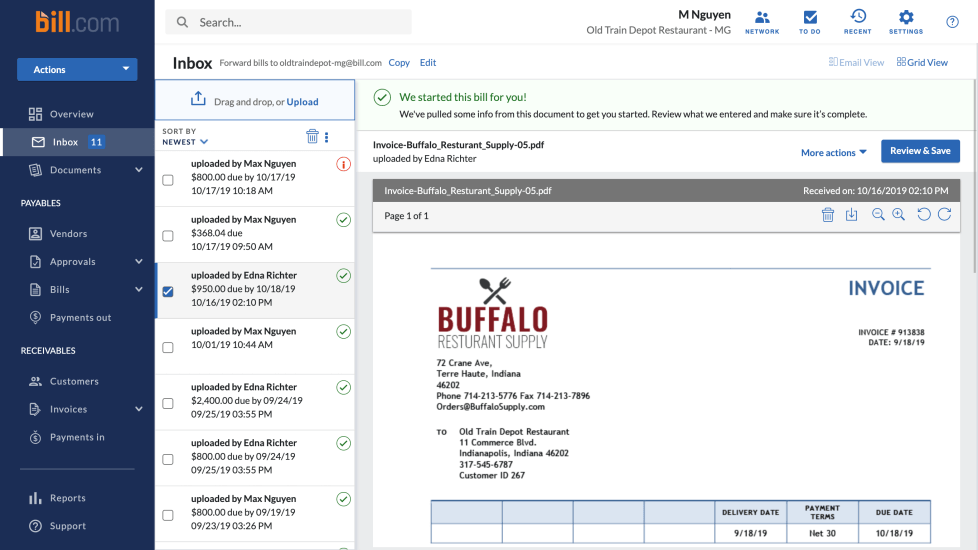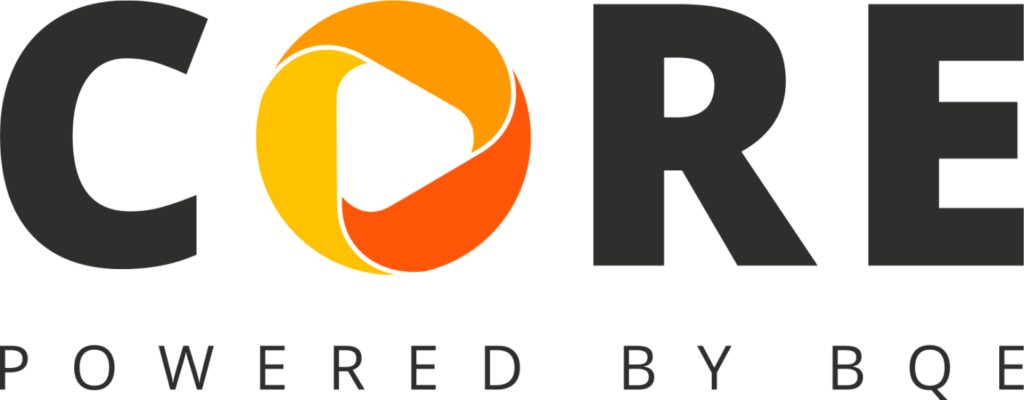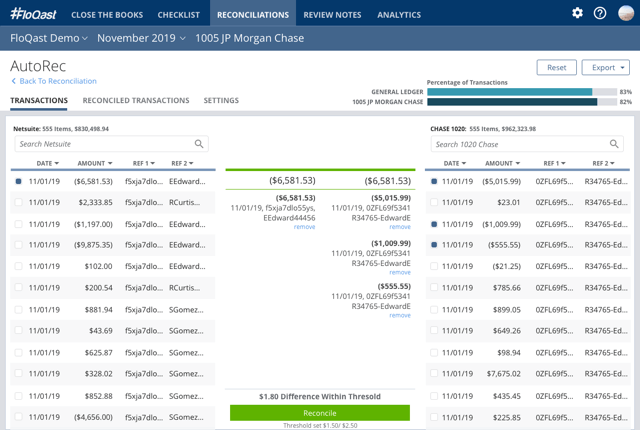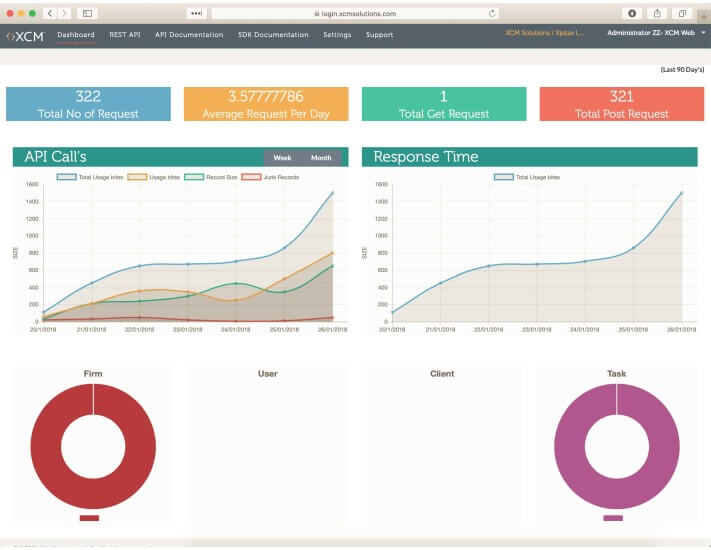Ranica Arrowsmith
This year’s top products were selected for their contact with innovation, whether it’s in actual technology—injecting artificial intelligence, say, or harnessing blockchain for emerging uses—or in areas of accounting that have in the past been sidelined. This year’s roster of products represents innovation from all directions.
Changing standards, business models and client needs mean accountants sometimes are left with software platforms that don’t cover new requirements, which means software providers have to step up, and fast. That kind of need- meeting is the essence of how technology drives the accounting profession forward, enabling professionals to widen their services provided. Technology allows accountants to serve their clients better, but also to live better lives, and in this sometimes high-stress profession, that’s invaluable.
Here are the products that helped accountants do all that in the past year.
Advisory tools: Paychex Solo (Paychex)
With a single, efficient solution for taking care of those headaches, accountants can move on to focus on higher-
value-added advice.
Crypto tools: LukkaTax for Professionals and Lukka Prime (Lukka Inc.)
LukkaTax for Professionals is a virtual currency tax prep platform that accountants can use for clients who are invested in crypto, which is taxed as property. Lukka Prime is a valuation tool for crypto assets built around GAAP and IFRS guidelines, and is designed to help accountants identify the principal market and determine fair market value of digital assets within the rapidly changing crypto ecosystem.
Together, the tools are a good starting point for firms looking to start serving crypto-invested clients, a service area that is only going to grow in the coming years.
Training tools: The jvBD Academy (Kuesel Consulting)
At the same time, accountability exists in the fact that participants are given assignments and coached by a facilitator at their own firm — a format that’s proven engaging for the dozen firms that have participated in jvBD’s pilot program and the nearly 100 currently active participants.

Smart research tools: Checkpoint Edge (Thomson Reuters)
language queries (the way one does in a Google search, for instance) and to continually improve its ability to understand those queries and to serve up more and more relevant results based on analysis of the millions and millions of queries it receives, so that the system becomes smarter and more useful the more it’s used.
Based on tools developed by Thomson Reuters’ Center for AI and Cognitive Computing for the company’s legal research services, it aims to be so intuitive and so smart that even relatively inexperienced staff can find the answers they need, quickly and easily.

Accounting tools: LeaseGuru (LeaseQuery)

AI tools: Bill.com Intelligent Virtual Assistant (Bill.com)
When users log into Bill.com, IVA provides a side-by-side comparison of the original invoice and the extracted data, so accountants can quickly review and move on to the next steps in providing valuable insight into the data, having saved crucial time in those early stages.
AI tools: FloQast AutoRec (FloQast)
AutoRec automatically finds how transactions agree with one another based on the amount, date and reference fields, whether it’s one-to-one, one-to-many, or many-to-many, which enables it to effectively “reconcile anything.” To get started, the controller only needs to upload an Excel or CSV file — the software does the rest.

AI tools: BQE Core Intelligence (BQE Software)
Core Intelligence can be connected to a firm’s phone system, so clients can, for instance, call into the firm and ask questions about their business — all without requiring an accountant to get on the line. Overall, Core Intelligence is a prime example of what artificial intelligence can do for the profession, freeing up time in a meaningful way, while not sacrificing client satisfaction. And not only that — because of its sophistication, the platform also has implications for visually impaired professionals who could benefit from oral/aural-based practice management options.
Integration tools: XCMapi (XCM)
These connections are in real time, with XCMapi pushing and pulling data — including client, entity, task, employee and time — in and out of other software in an effort to streamline workflow and improve productivity. XCMapi also includes a software developer’s kit to take full advantage of the nearly 50 APIs XCM currently offers.
Honorable Mentions
On those lines, we’re awarding Honorable Mention recognition to products from two companies that have significantly improved or expanded previously existing platforms. To start, Wolters Kluwer continues to bolster its Axcess line (which has been named to the Top New Products in previous years) with three solutions: CCH Axcess IQ, which alerts tax pros when new tax legislation or other tax events may impact a client; CCH Axcess Client Collaboration, a unified, secure collaboration hub for clients and accountants that aims to be the next generation of client portal; and CCH Axcess Knowledge Coach, a cloud-based solution for planning and managing audit engagements.
We’re also giving an Honorable Mention to ADP’s Accountant Connect — a platform of resources and practice management tools that has been named a Top New Product more than once, as the company continues to add ever-more capabilities to it. This year they’ve beefed up its analysis tools, integration with QuickBooks, and its library of tax forms, among other things.
Finally, an Honorable Mention shout-out to Kruze Consulting, an accounting and consulting firm in California, which released its own Startup Tax Deadlines integration for Google Calendar, to help its startup clients and others keep track of a wide range of critical compliance dates. Expect to see more and more firms offering these kinds of helpful tools in the future.



